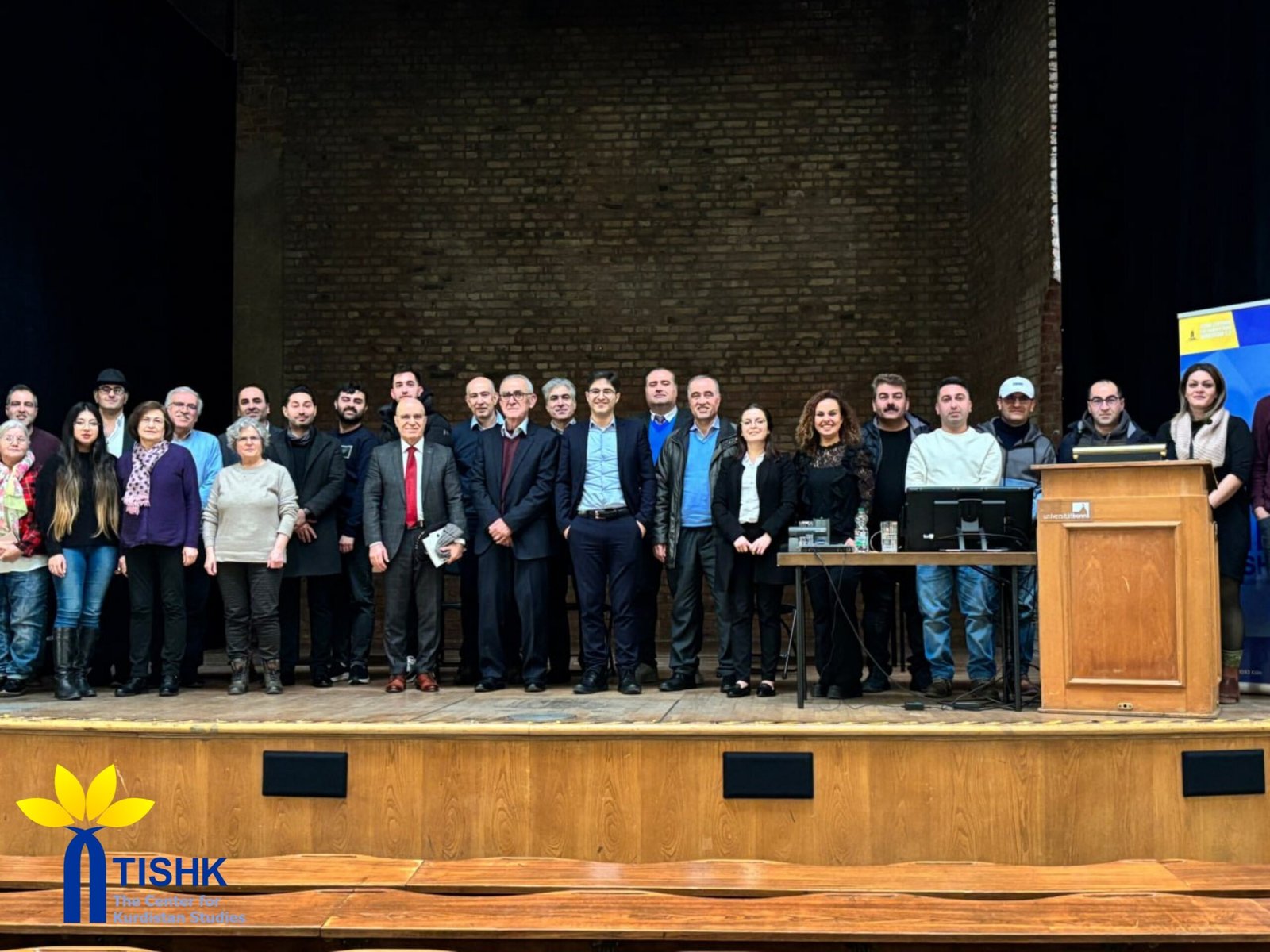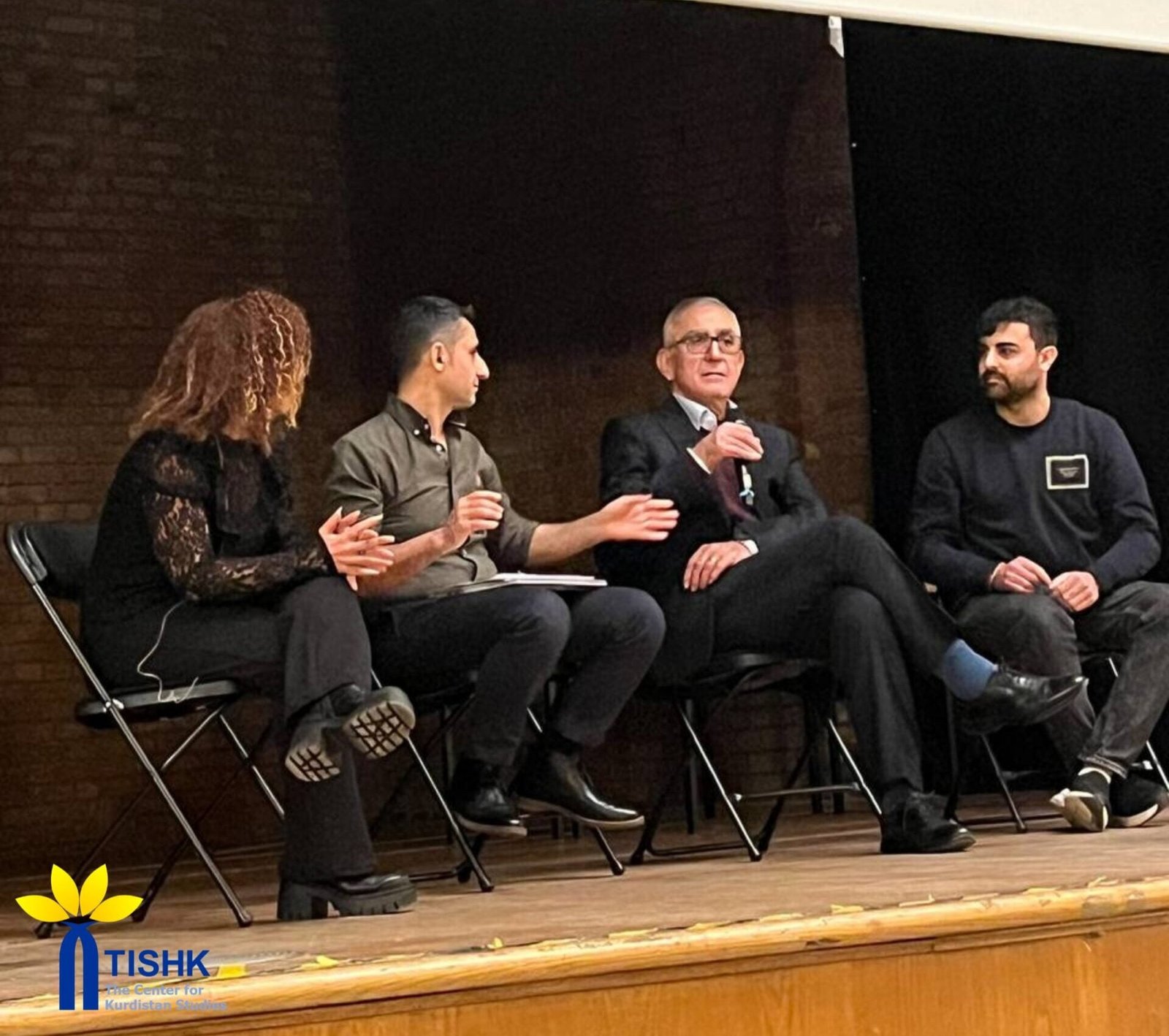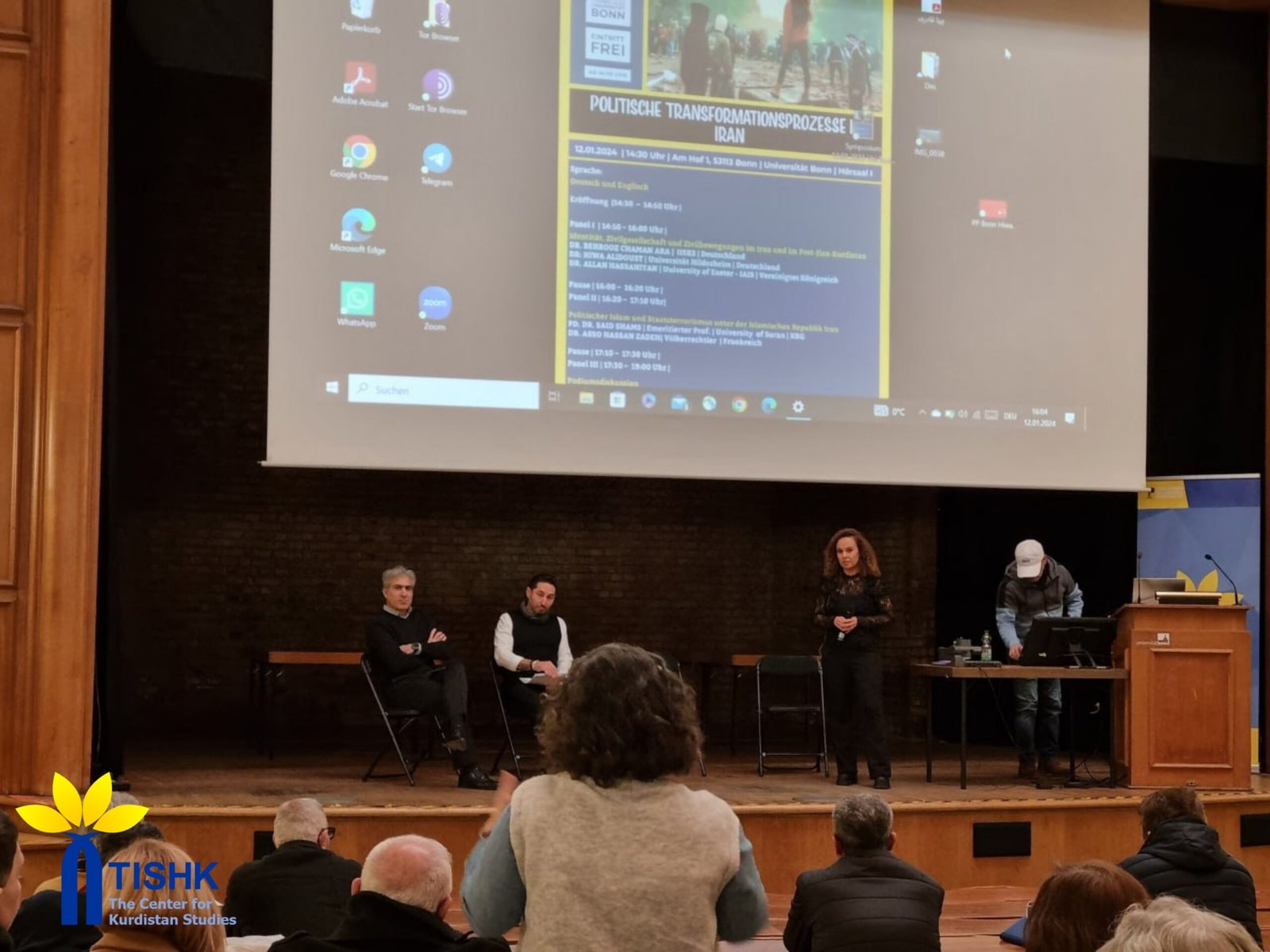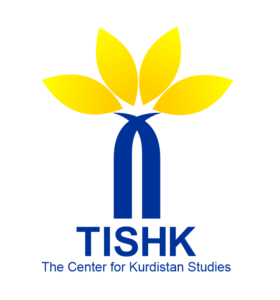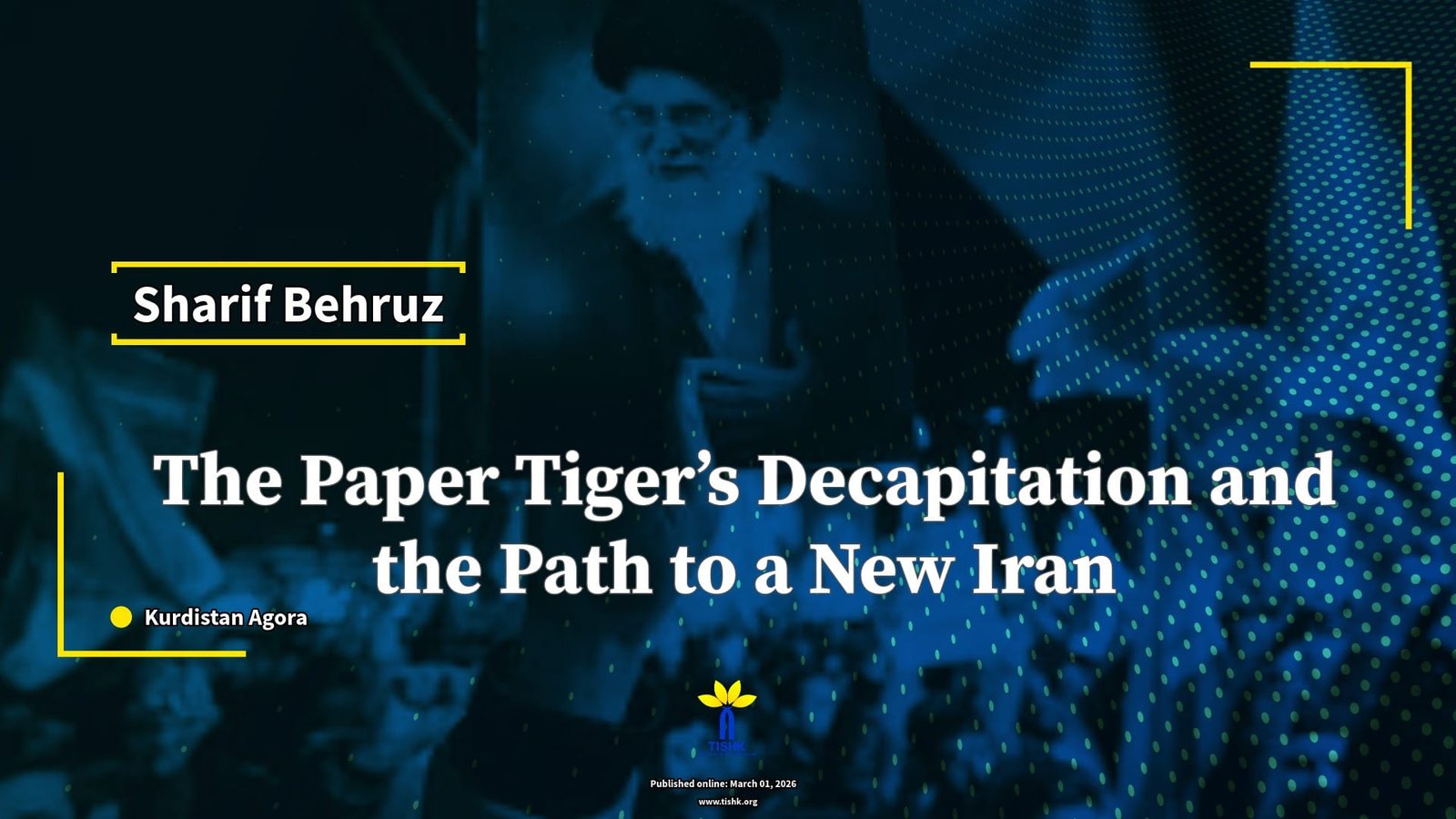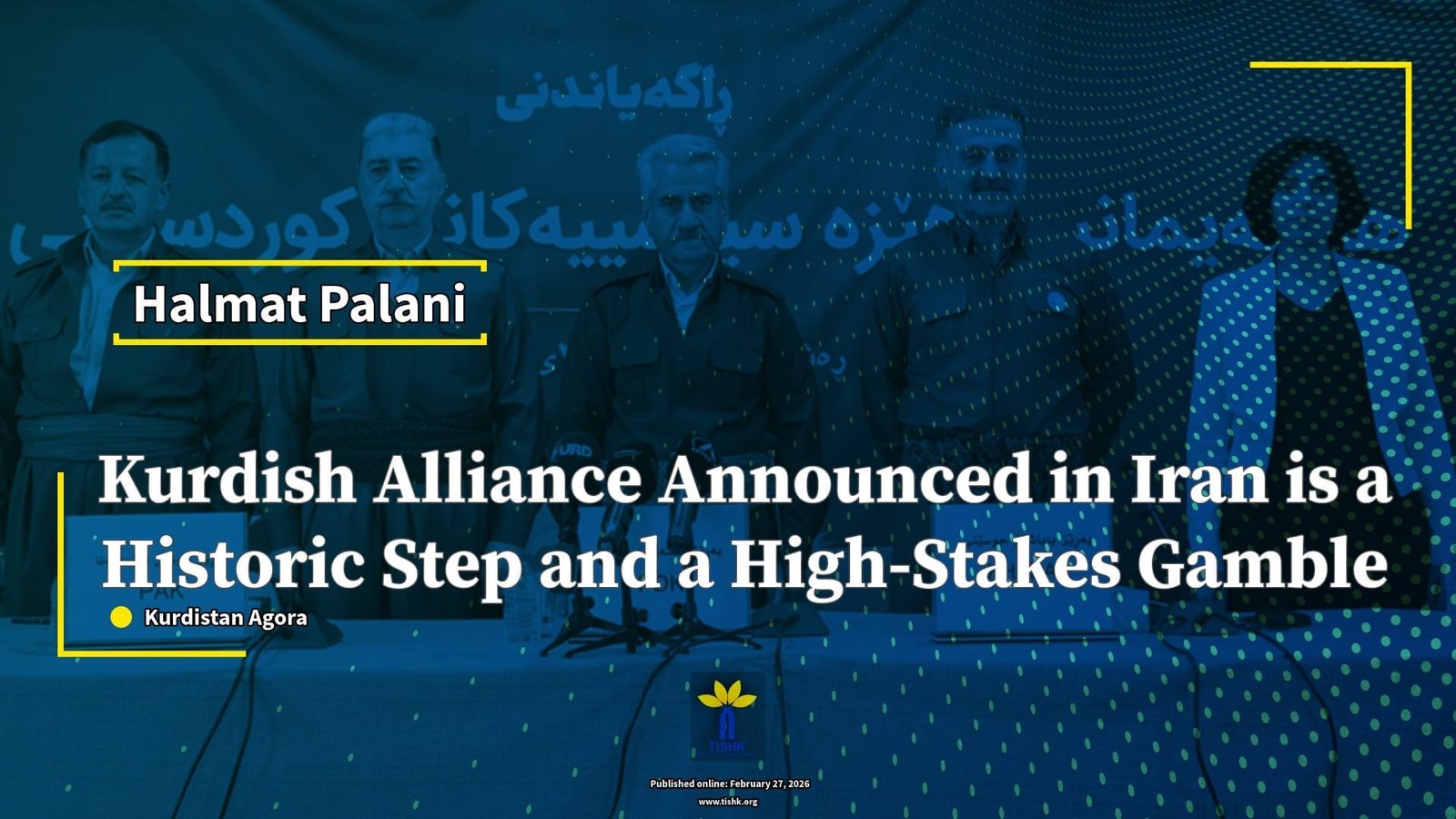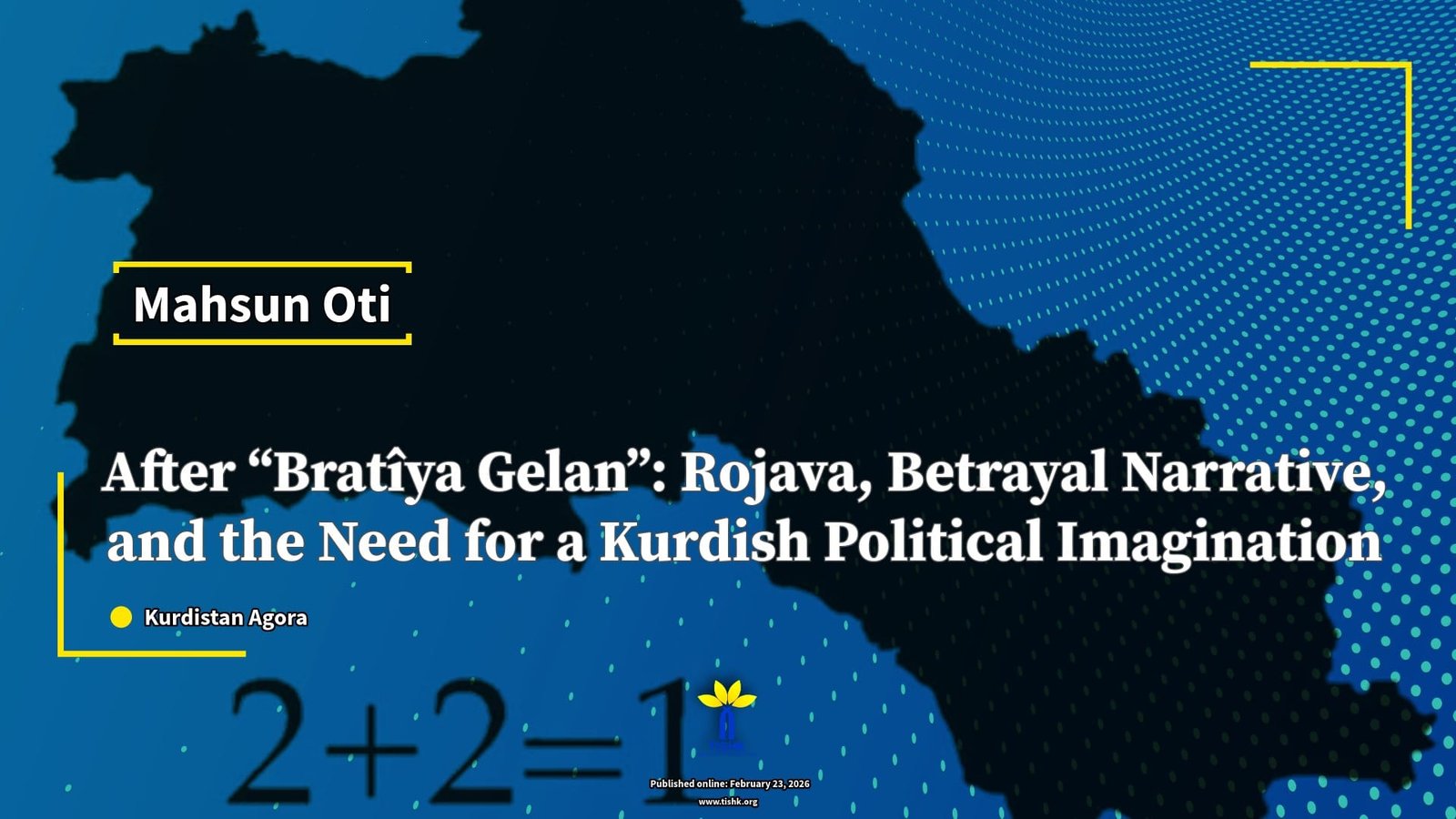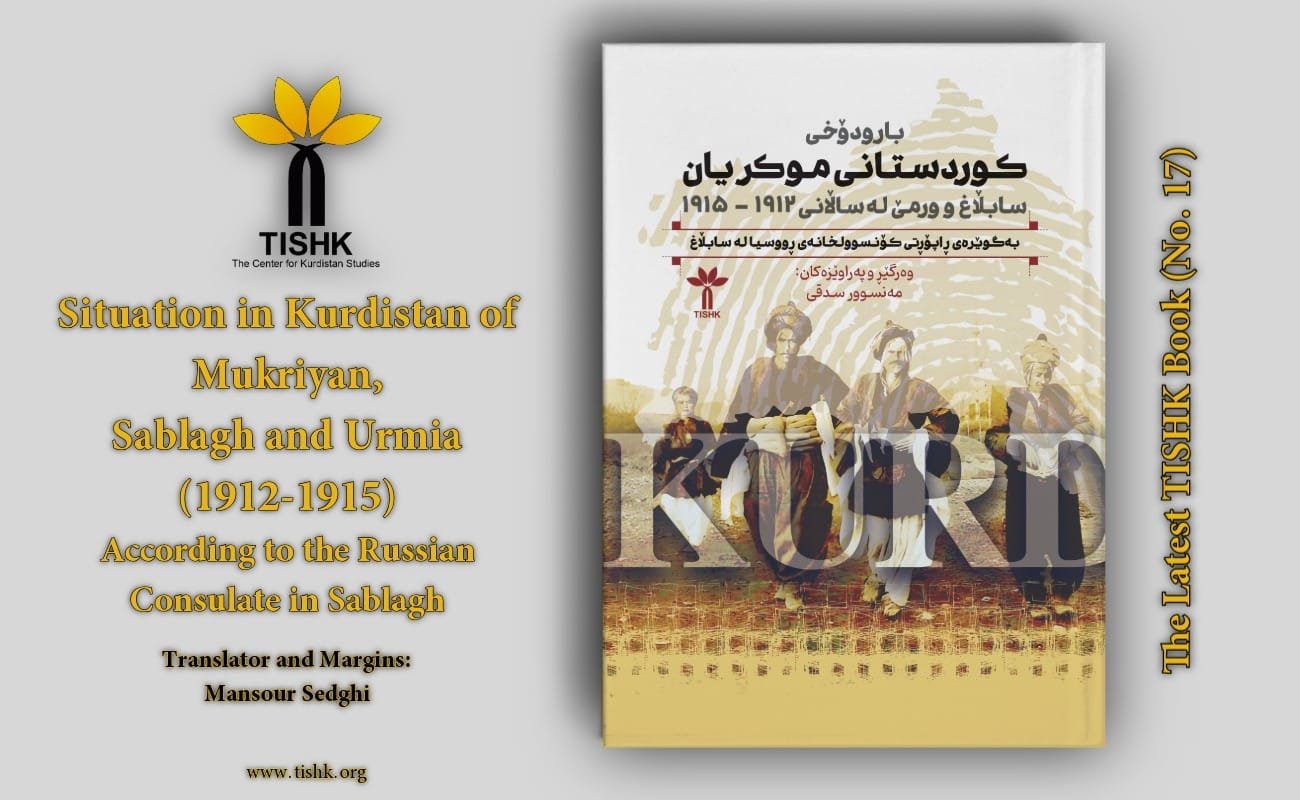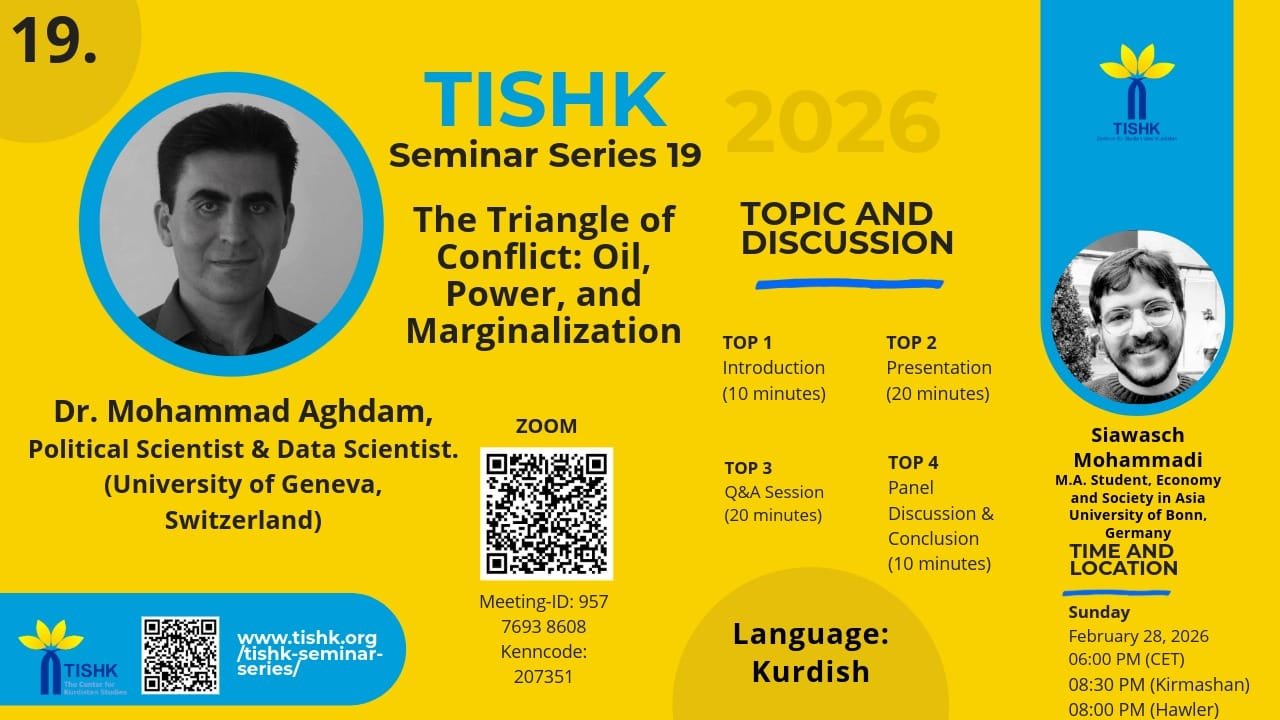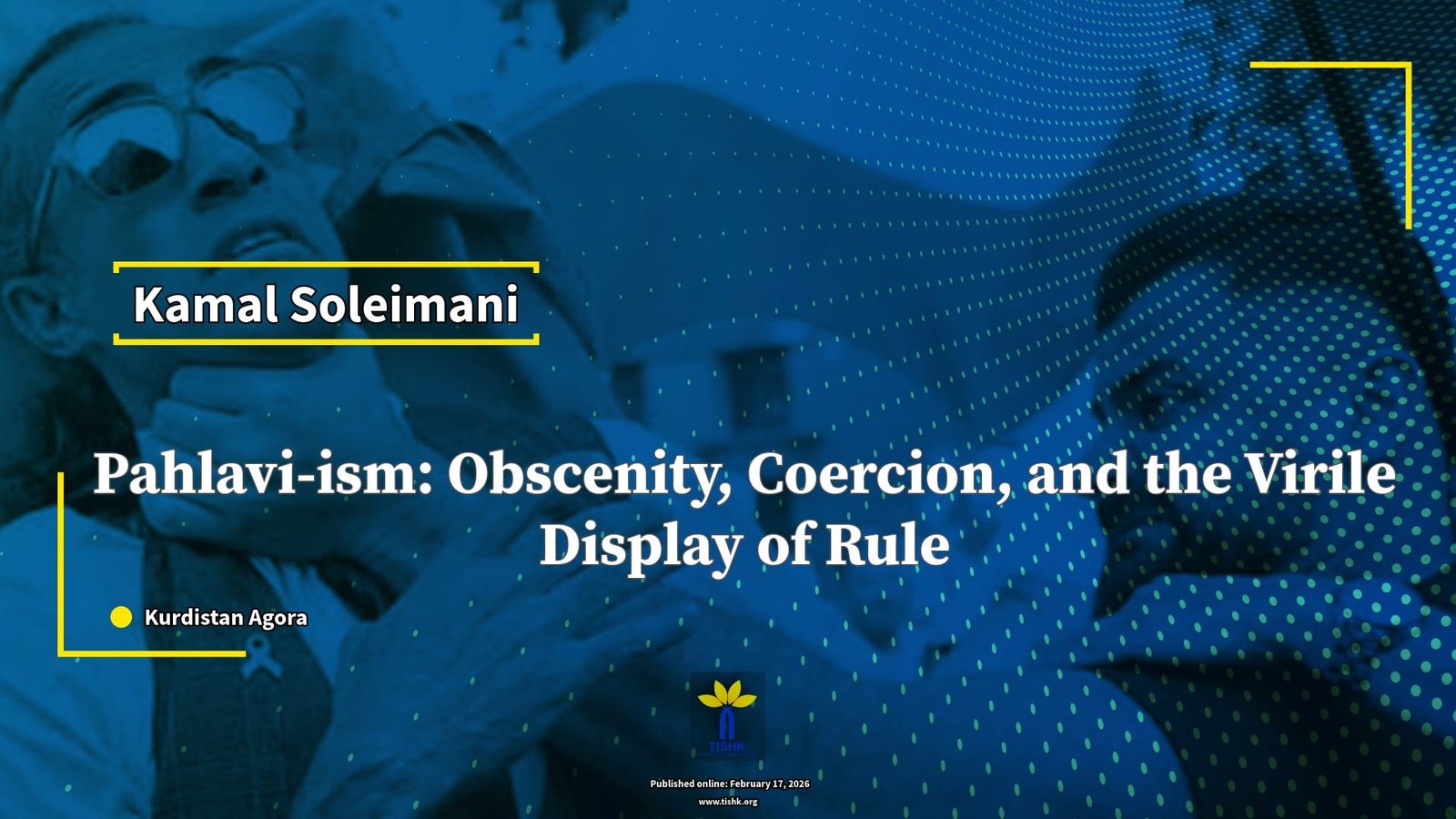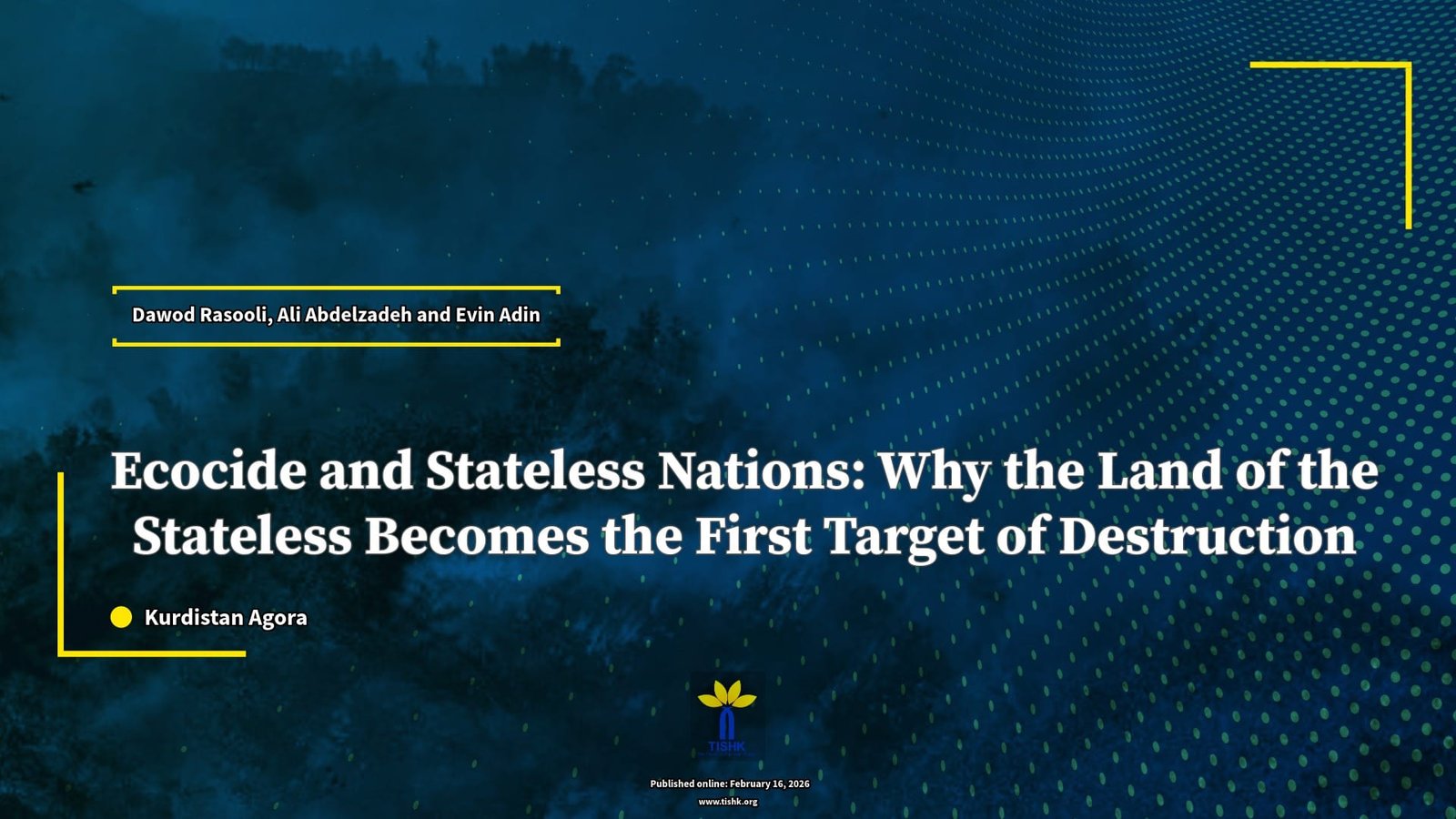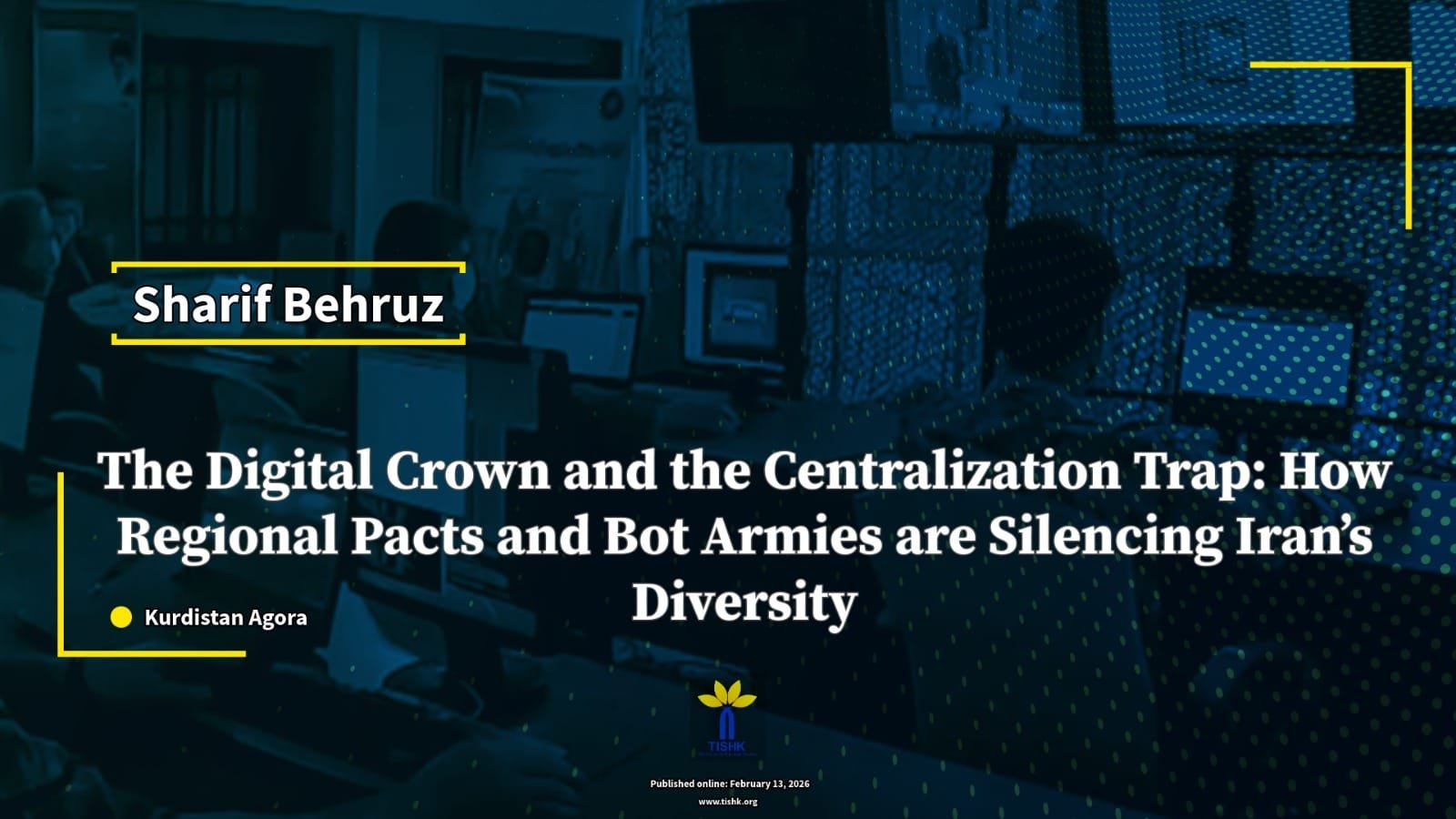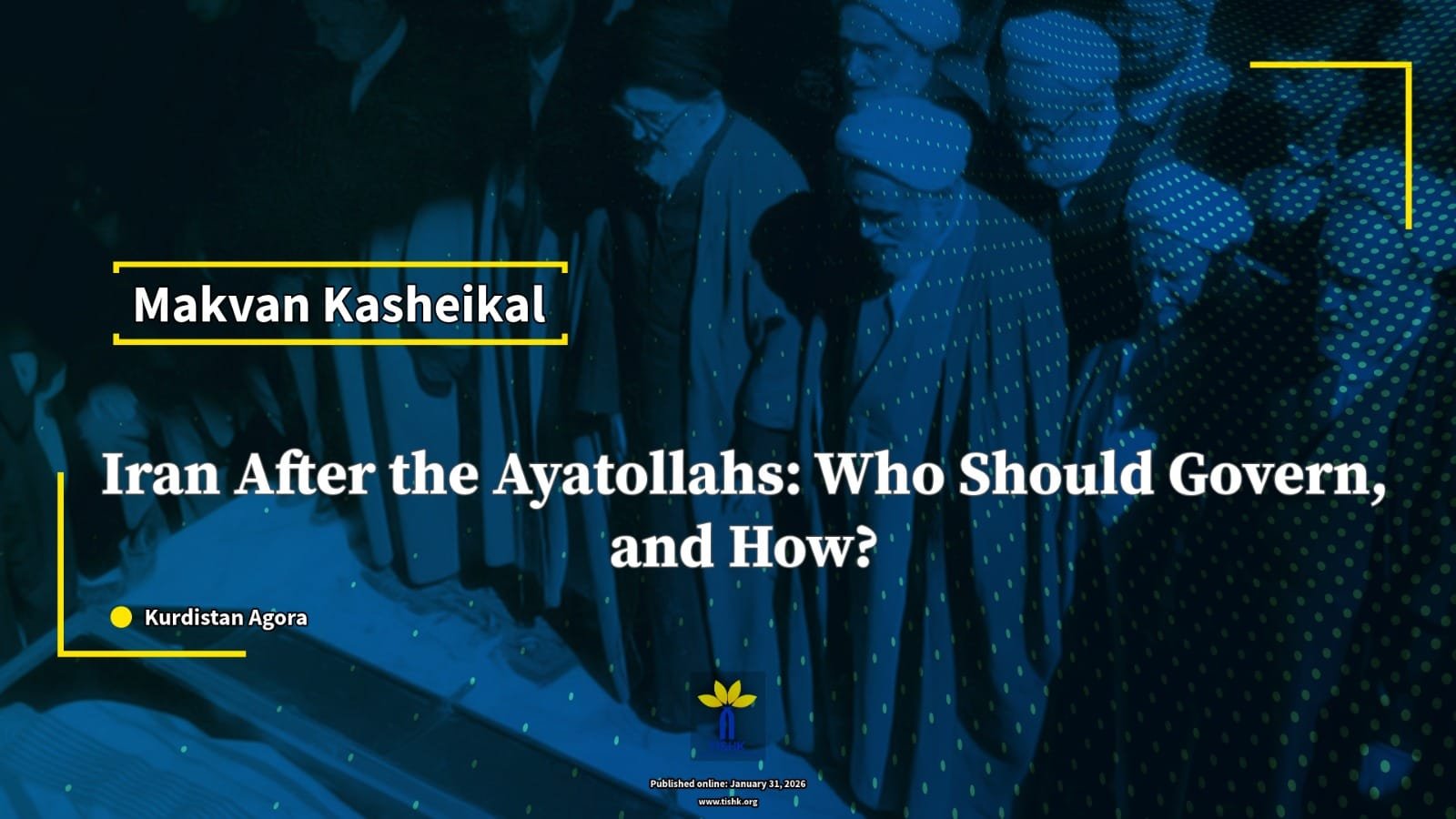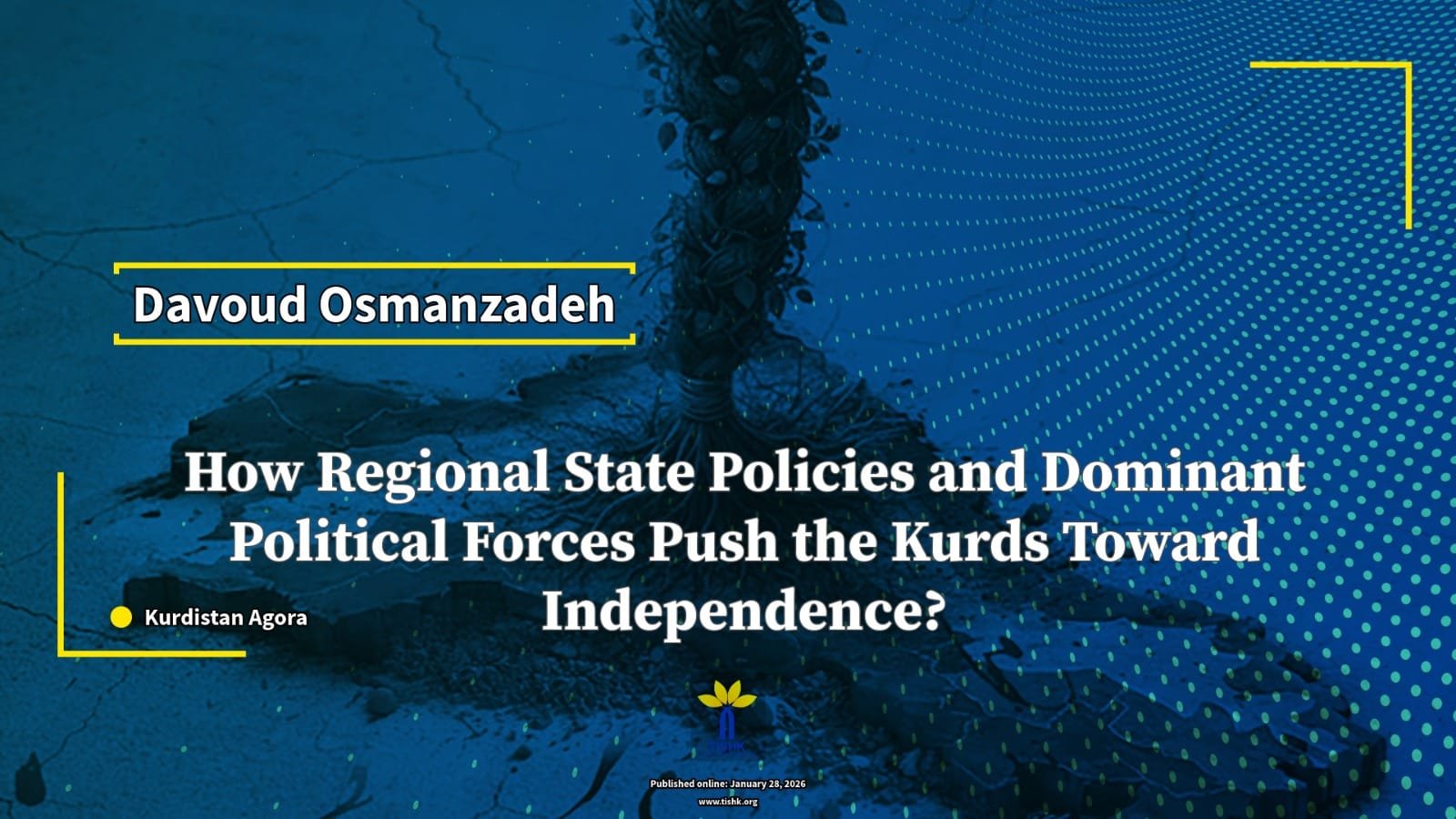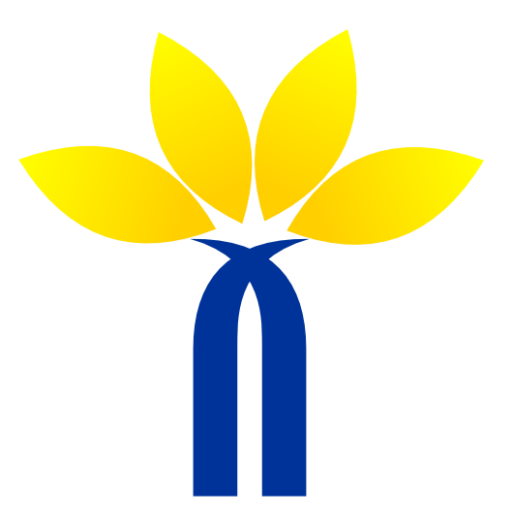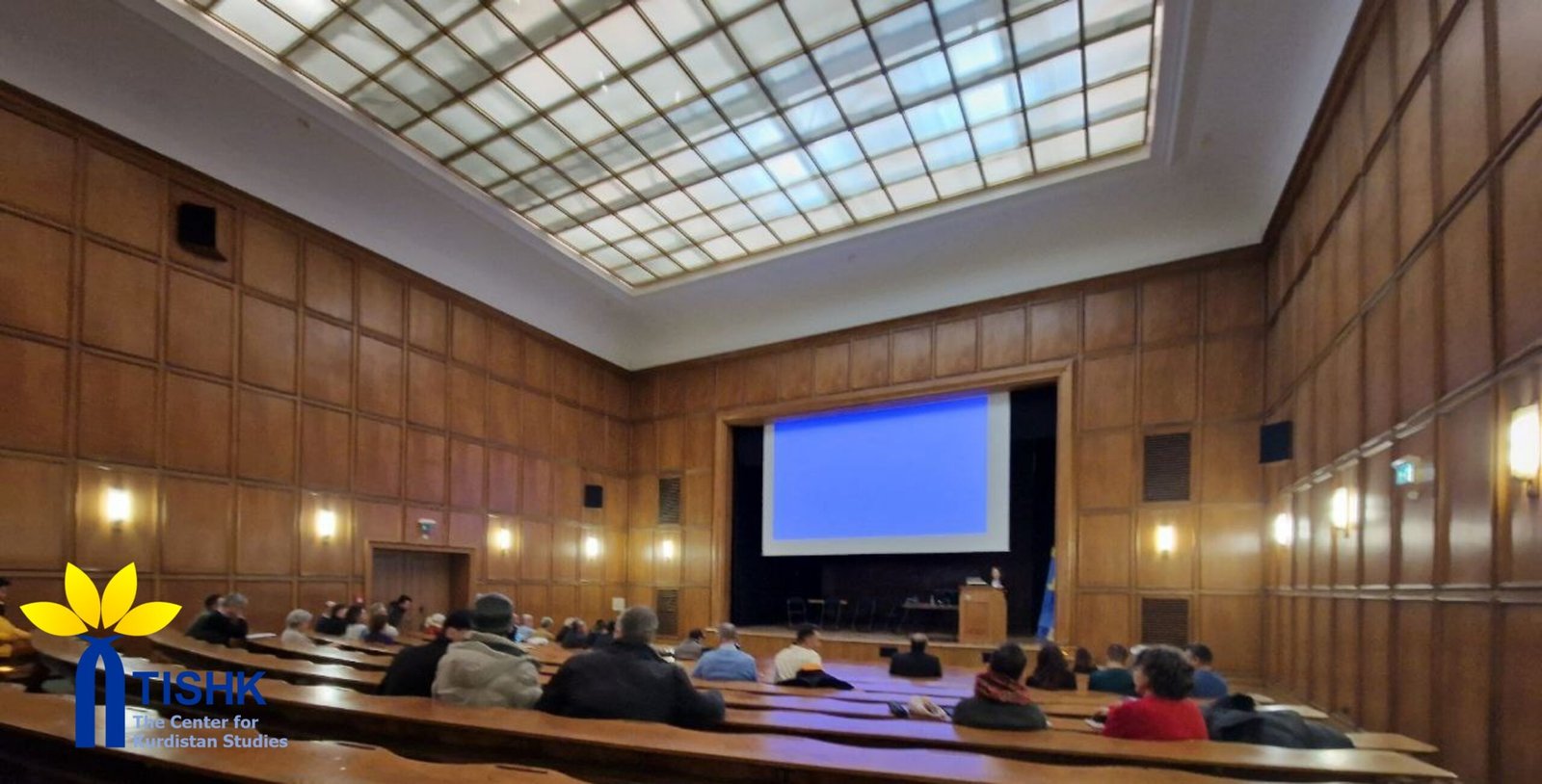
A symposium on the political transformation processes in Iran
TISHK Center for Kurdistan Studies:
On January 12, 2024, renowned experts, scholars and students from several European countries, Kurdistan and Iran gathered for an academic symposium at the University of Bonn. The symposium, which was supported by the M.A. Degree program of Economy and Society of the Institute of Oriental and Asian Studies at the University of Bonn, was titled The Political Transformation Processes in Iran and it was a part of the opening ceremony of the TISHK Center for Kurdistan Studies.
Opening of the symposium:
The event started at 14:30 in the lecture hall of the University of Bonn. Ms. Vian Nesrat Alo opened the symposium and presented the program. Ms. Lala Kaykhosrawi, member of the TISHK Center for Kurdistan Studies, gave the opening speech and thanked the University of Bonn and Dr. Günther Distelrath, Head of the Department of Economy and Society at the Institute of Oriental and Asian Studies.
Panel I
Identity - subjectivity in the literary GuraniDer umkämpfte öffentliche Raum im Iran und Kurdistan
Identity – Subjectivity in the Gurani literature
In the first panel of the symposium, Dr. Behrooz Chamanara, Director of the International Institute for the Study of Kurdish Societies (IISKS) in Göttingen, presented a paper on „Identity – Subjectivity in Literary Gurani“. His lecture shed light on the emergence of the discourse of „selfhood“ in Gurani literature. Historical evidence shows that Kurdish elites, political and military leaders have defined their identity through Islamic discourse since the early days of Islam. The Mongol period marked the beginning of the „writing“ of Gurani literature.
Chamanara identified three phases of self-definition and confrontation in Gurani literature. The first was „self-underestimation“, in which attempts were made to translate Persian and Arabic religious works. The second phase was the period of „selfhood and self-appreciation“, which was particularly emphasized by Besarani’s poem. The third step was fascinating, as the Kurdish subject was not only identified as different, but also attacked all dominant discourses traditionally defined as part of the Kurdish „self“. Sayyid Salih Maydashti, as a leading voice, not only defined Kurdish as a language of revelation, but also declared: „Even if this opinion of mine is against the text of the Qur’an, then let your religion be yours, and our religion ours!“
Dr Chamanara also emphasised the unique cognitive institution in the Yarsani religious texts, where each of the seven Tanans creates a language, including Kurdish, Indian, Persian and Arabic etc.. This illustrates the cultural diversity and the emergence of the Kurdish Yarsani cognitive institution.
The Contested Public Space in Iran and Kurdistan:
In the second part of panel I, Dr. Hiwa Alidoust, research associate at the University of Hildesheim, presented his paper titled „The contested public space in Iran and Kurdistan“. In his presentation, he delved into the complexity of the public space in Iran and made it clear that, on the one hand, various social groups are demanding political content aimed at more democracy, equal rights and alternative ways of life. At the same time, however, there are ethnic groups and people who struggle with their fundamental identities and who bring other poltitical and cultural issues into the public sphere. However, these issues are often neglected and met with little response.
Dr. Alidoust emphasized the lack of a perspective that could unite these diverse interests. In particular, he emphasized the need to understand the public space as a kind of justificatory order in which reasons can be presented, discussed and evaluated. However, this perspective, based on the principle of a democratic order, is missing in reality. The absence of such a democratic structure leads to a challenging struggle in the public space that is neither characterized by „decent“ rules nor capable of providing a clear political direction. This absence is considered essential for understanding the current political dynamics in Iran and Kurdistan.
Panel II
Political Islam, the West and the KurdsRojhelat’s diversification of measures of resistance and advancement of civic activism
Political Islam, the West and the Kurds
In the second panel of the symposium, professor Said Shams, former head of the Department of Sociology at Soran university and a member of the Advisory Board of the TISHK Center for Kurdistan Studies, gave a lecture titled, „Political Islam, kurds an the West“.
He delves into the complex dynamics between the Kurdish quest for self-determination, the ascendancy of political Islam, and the intricate policies of Western powers. Then he has provided a comprehensive examination of the Kurdish plight, contextualized within the broader political and ideological landscape of the Middle East.
He utilizes historical analysis and geopolitical evaluation to unravel the multifaceted relationship between these elements. Central to his discussion was the evolution of political Islam as a dominant force in the region and its impact on the Kurdish national movement. Additionally, he scrutinizes the ambivalent role of Western nations, particularly in their tactical support for Kurdish forces and the broader implications for regional politics.
Prof. Dr. Said analysed the Western powers’ policy, particularly the British, toward the Kurds, described a „Catch-22 Theory,“ borrowing the term’s connotation from Joseph Heller’s satirical war, as the term points at the situation where one cannot escape because of the contradictory rules and limitations. In the end by revealing a nuanced picture of the Kurdish struggle, he explained how this struggle situated against the backdrop of shifting allegiances and ideologies. Thus, his analysis underscores the enduring complexity of Middle Eastern geopolitics and the crucial need for a redefined approach to minority rights and self-determination within the region.
Rojhelat’s diversification of measures of resistance and advancement of civic activism
In the second part of Panel II, Dr. Allan Hassaniyan, a senior lecturer specializing in Middle East Studies at the Institute of Arab and Islamic Studies (IAIS), University of Exeter, and a member of the Advisory Board of the TISHK Center, focused on the role of the Kurds in the political transformation process in Iran. Dr. Hassaniyan focused on the role of Kurdish women in the liberation movement and the multidimensional movement in East Kurdistan. He shed light on the events of the Jina Movement and the uprising in East Kurdistan after the assassination of Jina Amini in 2022, explaining that the year 2022 can be considered crucial for state-society relations in Iran. Eastern Kurdistan, in particular, played a leading role in the events surrounding this change. The focus was on the Jina movement and the uprising that emerged in response to the assassination of Jina Amini by the Iranian state in September 2022.
Dr. Hassaniyan analyzed the unprecedented resistance that has emerged as a result of the expansion of civil activism in East Kurdistan over the last two decades. He emphasized the prominent role of Kurdish women in the national and multidimensional movement in the East. In particular, he emphasized the Jina movement and the uprising as an expression of this movement.
The movement in East Kurdistan showed how the Kurdish civil society is actively participating in the political transformation process. Dr. Hassaniyan emphasized the importance of these events for the democratization of Iran and illustrated the dynamics of the socio-political movement in Kurdistan.
Conclusion of the Symposium:
The final part of the symposium was concluded by Siawash Mohammadi, Director of the TISHK Center for Kurdistan Studies. Mohammadi emphasized the importance of the symposium as a platform for exchanging ideas and building an interdisciplinary understanding of current political developments in Iran. He also emphasized the purpose of the TISHK Center in creating such forums.
Concluding remarks:
The symposium on the political transformation process in Iran, organized by the TISHK Center for Kurdistan Studies, which was supported by the M.A. Degree program in Economy and Society of the Institute for Oriental and Asian Studies at the University of Bonn, provided a comprehensive insight into various facets of the political and cultural dynamics in Iran and Kurdistan. The critical analysis of the historical development of Gurani literature, the consideration of the contested public space in Iran, the examination of political Islam and its influence on the Kurds, as well as the results of the expansion of civil activism in East Kurdistan in the last two decades, offered the participants a broad perspective on the current challenges and opportunities in the region.
The symposium served not only as an academic platform, but also as a forum for constructive dialog among experts, academics, and students. The analyses and discussions presented contributed to a deeper understanding of the complex interrelationships in the region and provided impetus for further research and discussion. The TISHK Center for Kurdistan Studies considers itself as a pioneer for such academic events in order to promote awareness of Kurdish affairs and to contribute to the understanding of the region.
Photo albums
University of Bonn, GermanySymposium: Political transformation processes in Iran
University of Bonn, Germany
Symposium: Political transformation processes in Iran
TISHK Center for Kurdistan Studies on YoutubeVisit the Center’s YouTube channel to view all of our programs and events.
Visit the Center’s YouTube channel to view all of our programs and events.
Opening of the symposium
Ms. Vian Nesrat Alo and Ms. Lala Kaykhosrawi, member of the TISHK Center for Kurdistan Studies
The first part of Panel I: Identity – Subjectivity in the Gurani literature
Presented by Dr. Behrooz Chamanara, Director of the International Institute for the Study of Kurdish Societies (IISKS)
The second part of panel I: The Contested Public Space in Iran and Kurdistan:
Dr. Hiwa Alidoust, research associate at the University of Hildesheim and editor-in-chief for Hema magazine
Prof. Dr. Said Shams, former head of the Department of Sociology at Soran University and member of the Advisory Board of the TISHK Center for Kurdistan Studies
The second part of Panel II: Dr. Allan Hassaniyan, a senior lecturer specializing in Middle East Studies at the Institute of Arab and Islamic Studies (IAIS), University of Exeter, and a member of the Advisory Board of the TISHK Center
Siawash Mohammadi, Director of the TISHK Center for Kurdistan Studies

